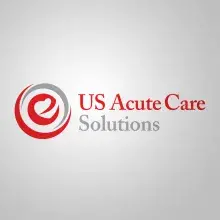The Perils of Preventive Medicine
I recently came across a great post by Amy Tuteur on the perils of preventive medicine. I found Dr. Tuteur’s comments insightful and illustrative of many things we do in medicine. We think there is always hope in doing the right thing: eating right, exercising, not smoking and limiting our alcohol intake. All prudent suggestions, which I try to follow, with the likelihood of reducing our risk of serious disease.
The key word in the last sentence is reducing not eliminating our risk. Despite living the perfect life people still die early of heart attacks, cancer, diabetes and other conditions. I am often amused at the claims of medical supplement companies about claims of lowering the risk of, you name it, heart disease, Alzheimer’s disease, cancer and the like. Prudence would say taking a multivitamin is reasonable. Taking 25 various supplements a day in the hope of finding the fountain of youth a bit ridiculous in my humble opinion.
Which gets me back to the article. The author rightly states that preventive medicine has a cost which people tend to vastly underestimate. The examples of hormone replacement for post menopausal women used for so many years, the overuse and wrong use of the PSA test and recently the use of biphosphonates in preventing osteoporosis have all demonstrated the simple law of unintended consequences. When long term studies have not been done on large populations there is risk to any therapy. Risks most non-medical people tend to dismiss or underestimate.
Similarly in emergency medicine we see patients demanding a cat scan (or for the advance ones MRIs) for conditions that can be reasonably observed without treatment. Now we are finding we may have caused many more problems by the overuse of these technologies. How many medications have you seen taken off the market in your career after being deemed safe by the FDA. That is why I tend to stick with the ‘old faithful’ medications; whether that be antibiotics, pain medications or antihypertensives.
These are hard conversations to have with our patients and yet we must have them. It will be interesting to see how we progress in this new health care payment system and the talking heads that will make all kinds of outlandish claims. As emergency physicians we will continue to be at the ‘tip of the spear’, taking care of patients and juggling the risks and benefits of all we do. Will someone please pass those fish oil tablets. I may need to take a few…

